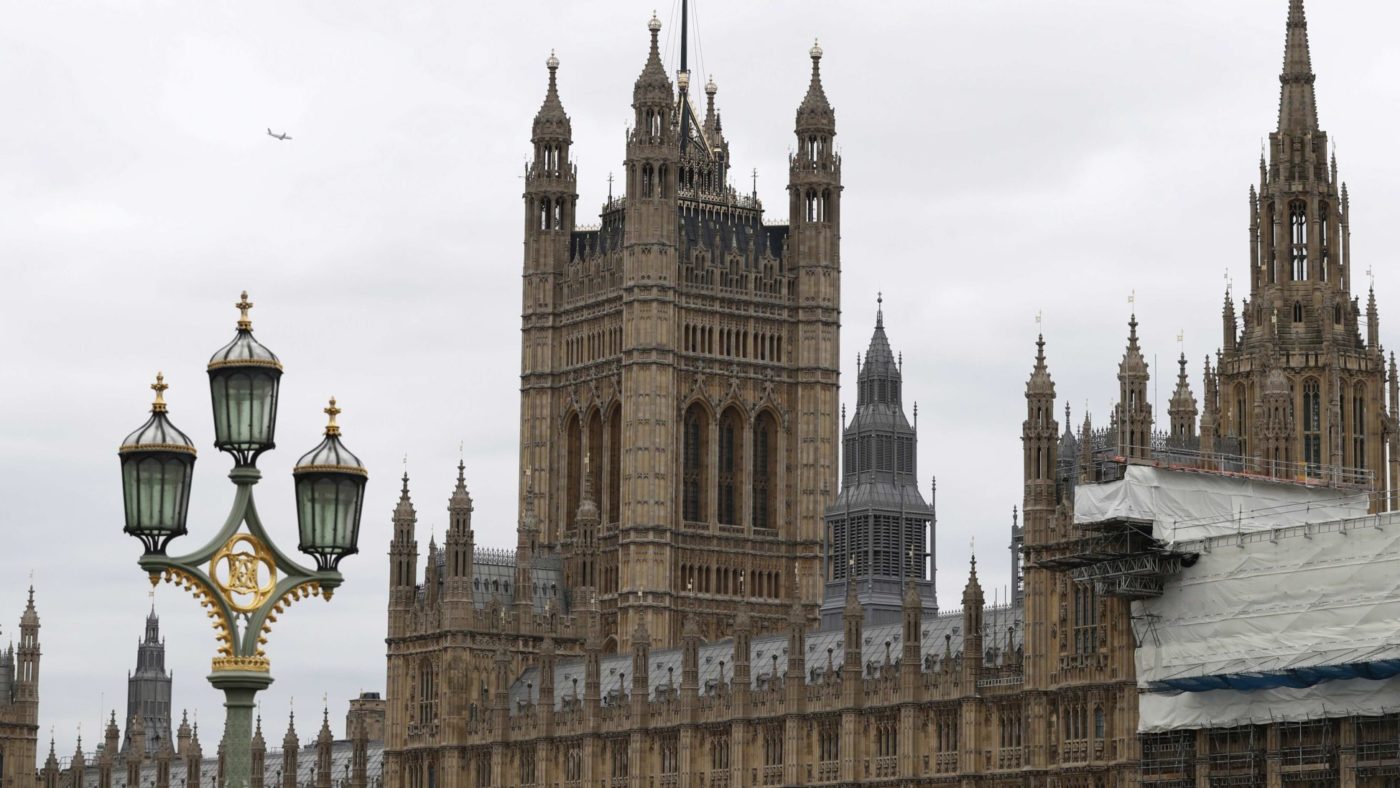MPs will vote today on a Government motion which includes the legally binding Withdrawal Agreement, but not the non-binding Political Declaration on the future UK-EU relationship. The Speaker has confirmed that, by removing the Political Declaration, the Government’s motion meets his test of being a substantively different legislative package to the one MPs rejected on 12 March.
From the Government’s point of view, the idea of ‘decoupling’ the Political Declaration seems initially attractive. As CapX’s Oliver Wiseman points out, a lot of the current Brexit impasse in Parliament stems from disagreements over the long-term UK-EU relationship – a question which cannot be settled before we leave and is subject to future negotiation anyway.
Indeed, in last night’s indicative votes, 250 MPs who have voted against Theresa May’s deal twice voted for at least one of the four options for a negotiated exit (Common Market 2.0, Labour’s alternative plan, a customs union and a Norway-style relationship). All of these options would require a Withdrawal Agreement first – and the EU is clear that this is the only deal on offer.
It logically follows that there is a theoretical and latent majority in the Commons for the Withdrawal Agreement alone. There therefore seems to be a strong case for MPs to bank the Withdrawal Agreement now, secure a transition period, and fight about the single market and customs union later – perhaps in an autumn general election.
The idea of removing the Political Declaration from the package has been encouraged by the wording of the European Council’s conditions for an Article 50 extension. The Council conclusions state that the UK can have an extension until 22 May if “the Withdrawal Agreement is approved by the House of Commons by 29 March 2019 at the latest” – it makes no mention of the Political Declaration.
The Government’s view is therefore that if “Meaningful Vote 2.5” is passed tomorrow, this would automatically trigger the extension to May 22. This would give the UK time to complete domestic ratification and leave the EU smoothly without needing to hold European Parliament elections.
However, this strategy is not without problems. Passing the Withdrawal Agreement alone would not meet the UK’s domestic law requirements for ratifying the deal – as the Government’s motion itself admits. Section 13 of the EU (Withdrawal) Act, which sets out how the UK will ratify the Withdrawal Agreement, clearly states that the deal is not considered to be ratified unless “the negotiated withdrawal agreement and the framework for the future relationship have been approved by a resolution of the House of Commons.” This could be changed, either through primary legislation or a “notwithstanding” clause that could be attached to the Withdrawal Agreement Bill (itself a crucial aspect of the ratification process, which gives effect to the Withdrawal Agreement in domestic law). But either of these steps would themselves need a parliamentary majority – which, as we have seen, is challenging.
Ultimately, today’s vote would not in itself ratify the deal. The Government’s view instead is that it would start the process, and guarantee the extension to May 22 – allowing the time to pass the Withdrawal Agreement Bill and address the question of the future relationship in a way that Parliament can accept.
Politically, the Government’s decision carries risks too. Labour may not have any real issues with the Withdrawal Agreement alone, but a deal with no Political Declaration at all risks the obvious and predictable charge of a ‘blind Brexit’. Secondly, if the Withdrawal Agreement somehow gets through without support from the DUP – and there is little evidence this is forthcoming – then the fragile confidence-and-supply arrangement with that party may finally come to an end, leaving the Conservatives with no majority for any vote of no confidence. On the other hand, the political symbolism of today’s date – 29 March – may act as an incentive for MPs who wish to deliver Brexit.
Ultimately, there are several problems with the innovative ‘decoupling’ strategy – it is far from a silver bullet, and contains a lot of risks. But the EU has set MPs a clear deadline. If MPs do not back the Withdrawal Agreement, they may face a stark and unappealing choice – No Deal on 12 April, or a long extension including European elections.
CapX depends on the generosity of its readers. If you value what we do, please consider making a donation.


